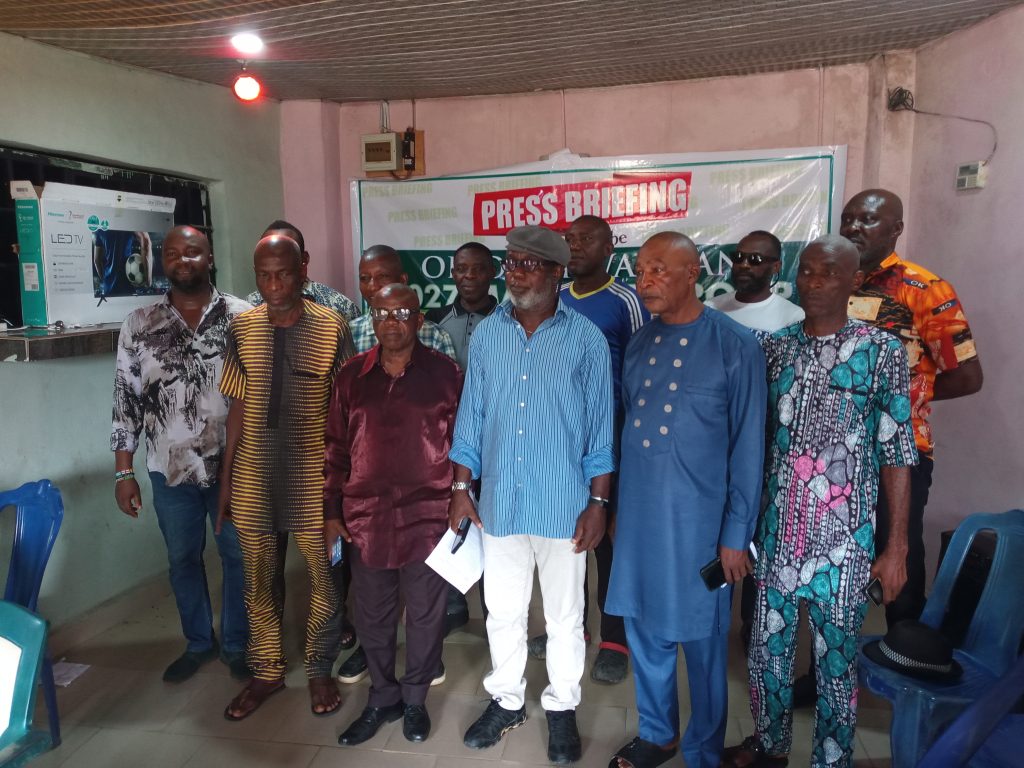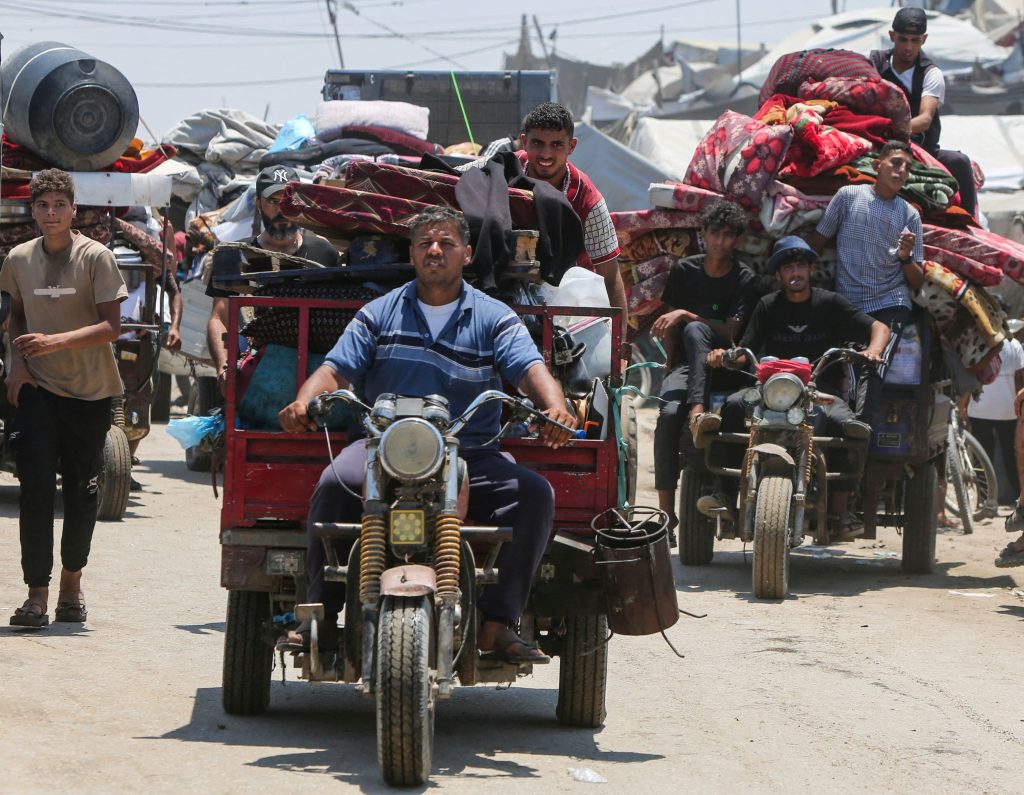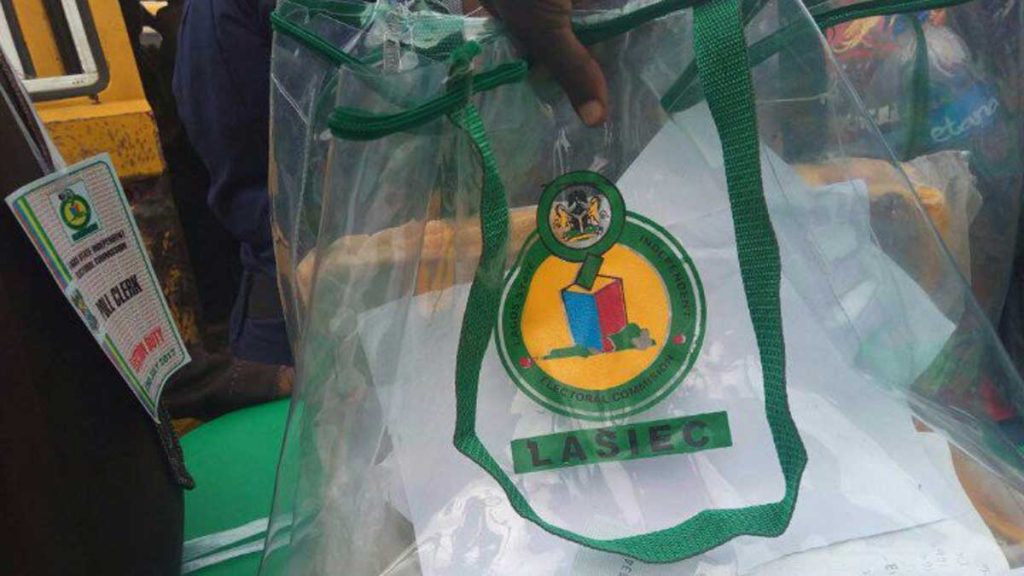News
Aid cuts leave million refugees in Uganda without food rations.

A refugee spokesperson in Uganda, on Thursday, May 8, 2025, expressed serious concern over the deteriorating humanitarian conditions.
The spokesperson warned that without immediate access to food aid, many displaced individuals may be compelled to return to the countries they originally fled due to conflict or persecution.
Others, driven by desperation, might resort to unlawful means in order to secure basic sustenance.
The lack of food, he stressed, is putting people in an impossible position, choosing between hunger or returning to potentially unsafe environments.
This grim warning has raised alarms among human rights advocates, who now fear that the Ugandan government may soon initiate a policy of forced repatriation.
The concern stems from recent comments made by Hilary Onek, Uganda’s Minister for Relief, Disaster Preparedness and Refugees.
Onek revealed that the issue of refugee repatriation is set to be discussed by the national cabinet in the near future.
In his remarks, Onek suggested that Uganda may consider altering its refugee policy.
This is particularly in relation to individuals who come from countries now considered to be relatively stable.
He stated that if a refugee’s country of origin is deemed peaceful, Uganda might push for those individuals to return, effectively ending their stay in the country.
Onek added that such a policy shift would require careful deliberation with fellow cabinet members to determine the best course of action.
The potential change in policy reflects growing frustrations within the Ugandan government regarding the sustainability of hosting large refugee populations.
Uganda is one of the largest refugee-hosting nations in Africa, and the strain on its resources has been immense.
Humanitarian support from international agencies has dwindled in recent years, contributing significantly to the current crisis.
Dismas Nkunda, the Executive Director of Atrocities Watch Africa, echoed these concerns and said the current situation was predictable.
According to Nkunda, the warning signs were evident with the implementation of the self-reliance model.
This model is supposedly a strategy adopted by international aid organizations and the United Nations.
It encouraged refugees to become more self-sufficient, which in turn led to a gradual reduction in direct humanitarian aid, especially food assistance.
Nkunda pointed out that the global funding environment has also deteriorated, making matters worse.
The election of U.S. President Donald Trump had a major impact on international aid flows, particularly to United Nations programs that support refugees.
Cuts to U.S. contributions during Trump’s administration reduced the financial capacity of organizations that provide essential services in refugee settlements.
He warned that the growing gap in aid, combined with national pressures, could force host countries like Uganda to take more extreme measures, reversing years of progressive refugee policy.
Uganda has historically been praised for its open-door approach, allowing refugees to live in communities rather than camps.
It also allows them to work and access public services.
However, as international support dries up, this generosity may no longer be feasible.
Nkunda’s fear is that Uganda, once a model for refugee-hosting in Africa, may now begin to implement hardline policies out of economic necessity and political pressure.
If food shortages persist and international donors do not step up their support, the Ugandan government could feel compelled to start forcibly sending refugees back, regardless of the conditions in their countries of origin.
The situation underscores the urgent need for renewed global commitment to refugee protection.
Humanitarian organizations and governments must find ways to ensure that host countries are not left to bear the burden alone.
Without adequate support, the risk is not only a rollback of humanitarian standards but also the forced displacement of vulnerable people back into potentially dangerous situations.
In conclusion, the refugee crisis in Uganda is reportedly reaching a critical point.
Food insecurity, dwindling aid, and political strain are converging to create a scenario where even basic human rights are under threat.
Analysts say that urgent action is needed to prevent a humanitarian disaster.
This will also help to protect the integrity of refugee policies that have long served as a beacon of hope in the region.
For Diaspora Digital Media Updates click on Whatsapp, or Telegram. For eyewitness accounts/ reports/ articles, write to: citizenreports@diasporadigitalmedia.com. Follow us on X (Fomerly Twitter) or Facebook











